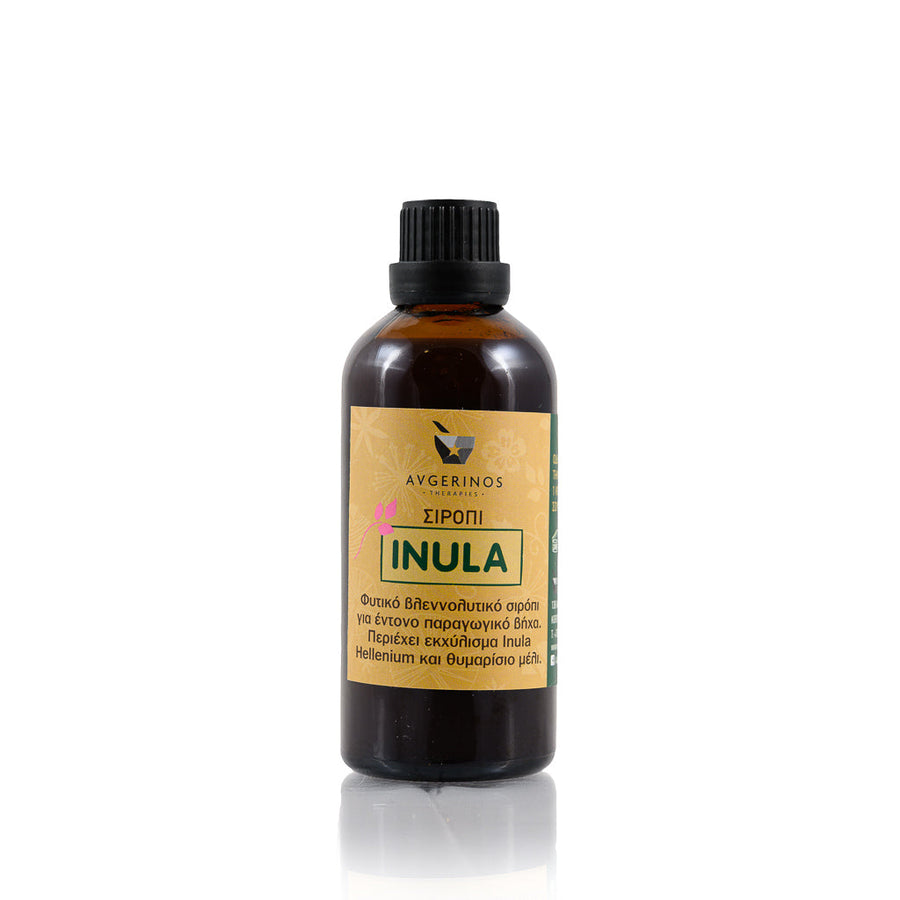WHICH DIET SHOULD I FOLLOW?
Nutrition is one of the most discussed topics on the daily agenda of all of us, and this is not only because it concerns the cook of the house, about what to cook today, but because we are all now aware of the different types of nutrition that appear every day. 3-4 years.
The truth is that the science of nutrition is constantly evolving, with the result that new dietary patterns often appear that promise improved health, rapid weight loss, delicious recipes with new foods rich in antioxidants, vitamins, essential amino acids and other nutrients. At this point we could ask ourselves whether in the end too much information makes our lives easier or more confusing.
What diet should I follow? Mediterranean, Macrobiotic, Keto, Vegetarian, Vegan, Gluten Free or Intermittent Fasting?
Mediterranean diet
We could say that one of the most thoroughly researched and time-tested nutritional patterns is the Mediterranean Diet, which combines a balanced diet with daily exercise. In recent years, at the base of the nutritional pyramid, there is sports activity, while adequate water consumption comes immediately after. Then follow the cereals wheat, rye, barley, rice and their derivatives such as bread, flakes, pasta which should be consumed daily, as they are low in fat and are a rich source of carbohydrates from which the body derives its energy. Fresh fruits and vegetables are on the daily plate, as they are rich in vitamins and trace elements. Dairy products, nuts and oils are consumed in smaller quantities while the consumption of meat and fish is limited to 3-4 times a month.
What is Macrobiotic Nutrition?
The basic concepts of macrobiotic nutrition are rooted in Traditional Chinese Medicine which balances yin and yang in both the body and the environment and therefore encourages people to eat foods very close to their original form which in this way they not only support the health of the body but contribute to the maintenance of natural order and the ecosystem.
The consumption of the macrobiotic model of nutrition includes the purchase of local products, mainly organic, that have not been treated with chemical pesticides, the consumption of seasonal foods, fresh and raw products with an emphasis on plant foods. The consumption of dairy products is 2-3 portions / day, while animal foods are significantly limited.
The macrobiotic diet promotes the consumption of plant-based, low-fat foods. Complex carbohydrates such as brown rice, barley, millet, oats and corn are often eaten, making up about 30% - 40% of daily calories. Protein is limited to 5% - 10% with the main source being legumes or fermented products such as tempeh, miso, tofu. Algae are also a staple in macrobiotic diets.
Keto diet for fat burning
The most well-known diet used for rapid weight loss and fat burning is the ketogenic diet which focuses on increased animal protein consumption and reduced fat, forcing the body to draw energy by burning stored fat.
Although with the ketogenic diet the desired result of weight loss comes quickly, it is difficult to change the eating behavior of the person, so most of the time after the end of the program, the pounds return as the body has been deprived of nutrients and favorite tastes.
Vegetarian and Vegan diet
The ultimate trend of the season! The plant-based diet today borrows foods and recipes from around the world. Quinoa, tofu, millet, superfood seeds and herb powders, nuts, are just a few of the foods that we could mention in the basic menu of the plant-based diet. Many studies support vegetarianism as a safe diet for all ages
groups. However, those who decide to follow a plant-based diet excluding dairy should consume supplements of the necessary vitamin B12, while regular blood tests are recommended for any deficiencies of other basic elements such as iron, folate, calcium.
Gluten free diet
Gluten belongs to a group of proteins with a sticky property that helps foods maintain their consistency. It is found in the seeds of cereals such as wheat, rye, barley and oats. The gluten-free diet excludes the above cereals due to intolerance or allergy to this substance. The causes may be genetic or epigenetic factors resulting from medication, wrong diet, and lifestyle.
However, it has been observed that those who implemented a gluten-free diet without any pathological cause, significantly improved digestive capacity, had more energy, faster weight loss and immediate restoration of the intestinal microbiome. For this reason, many health experts today recommend avoiding gluten for a certain period of time.
Intermittent fasting
One of the most widespread trends in the field of nutrition and fitness!
Intermittent fasting is defined as the nutritional plan that includes prolonged fasting and defines a specific period of time for the consumption of food. Intermittent fasting focuses on when to eat, not what to eat, while not recommending specific foods or excluding others. The purpose is to leave the body without food for a long time. Apart from the extreme forms recommended by this specific diet model, e.g. fasting for 16 hours, Intermittent Fasting can adjust to the day-night cycle thereby enhancing the body's circadian rhythm.
Indicatively, the beneficial options given are:
Eating food until 7:30 p.m.
Fasting only with water 1f / week
In any case, the nutrition expert is the one who can safely and successfully guide our steps towards any change we want to make in our diet in order to prevent, improve health or achieve the ideal weight.









Leave a comment